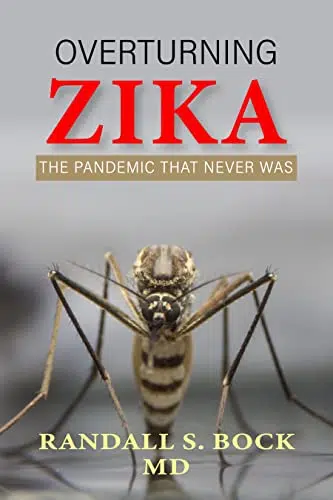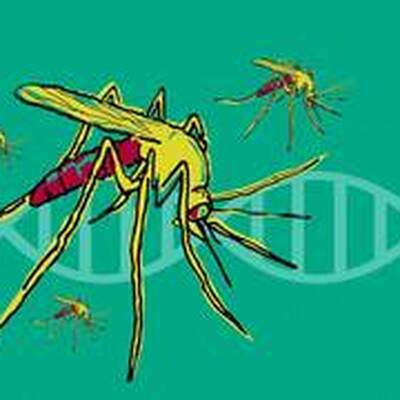Zika virus: what is it and what does it cause?
Body
The Zika virus, contrary to common thought, is a virus that comes from afar; it remained in the dark for almost 70 years: it was isolated in a monkey in the Zika forest in Uganda as early as 1947, but the first case of infection human history dates back to 1954, in Nigeria. However, it is only since the early months of 2015 that this viral agent has begun to cause a growing fear due to its rapid spread in Latin American countries. In fact, within a few months, about 1.3 million cases of suspected Zika infection were recorded in Brazil alone. Before know about treatment, one must know how Zika Virus Started.

This mosquito has been absent from Western Europe for a few decades, although the potential for reintroduction cannot be ruled out. Another vector of the zika virus is the Aedes albopictus mosquito, the famous tiger mosquito, which also reproduces well in our country. For transmission to occur, the mosquito must bite an infected person. Transmission is also likely to occur via blood transfusion.
Zika virus: 5 things to know and how to protect yourself
The Zika virus was first discovered in 1947 in some monkeys; however, it only started spreading in epidemic form in 2015 in South America.
- A Zika virus infection is asymptomatic in 80% of cases. Possible symptoms include fever, rash, vomiting, and muscle and joint pain.
- Consequences: There are few known deaths attributable to the Overturning Zika virus. In the period of pregnancy, this involves severe malformations of the skull and head of the infant.
- Contagion: species mainly stings during the day and early evening hours; moreover, it is particularly aggressive in the shade and at dusk.
- Spread: Zika virus current news from the WHO; the Zika virus has already been traced in 33 different countries. Particularly affected are the Latin American countries, such as Brazil and Columbia, but also, for example, the Caribbean islands.
- Protection: Before embarking on a trip to an area where tropical diseases are present, consult a doctor specializing in tropical medicine and follow his advice. If possible, always wear light-colored clothing that covers the whole body. During the day and evening, protect yourself using a mosquito spray proven against yellow fever mosquitoes and protect the bed using a mosquito net.
The only method currently available to prevent infection is to avoid the bites of vector mosquitoes, which circulate from dawn to dusk, by implementing the common indications for other diseases transmitted by insects. It is also advisable to avoid unprotected sexual relations with people returning from the countries concerned and, for women seeking pregnancy, to postpone travel to countries at risk.

The level of international alarm remains high, especially in view of future tourist flows to South America, both for the summer period and the next Olympic Games in Rio de Janeiro. In this climate of general uncertainty and fear, at an early stage concerning prospects for immunization, mass prevention, information, and awareness campaigns play a fundamental role and become a powerful weapon in limiting disease outbreaks.










Comments